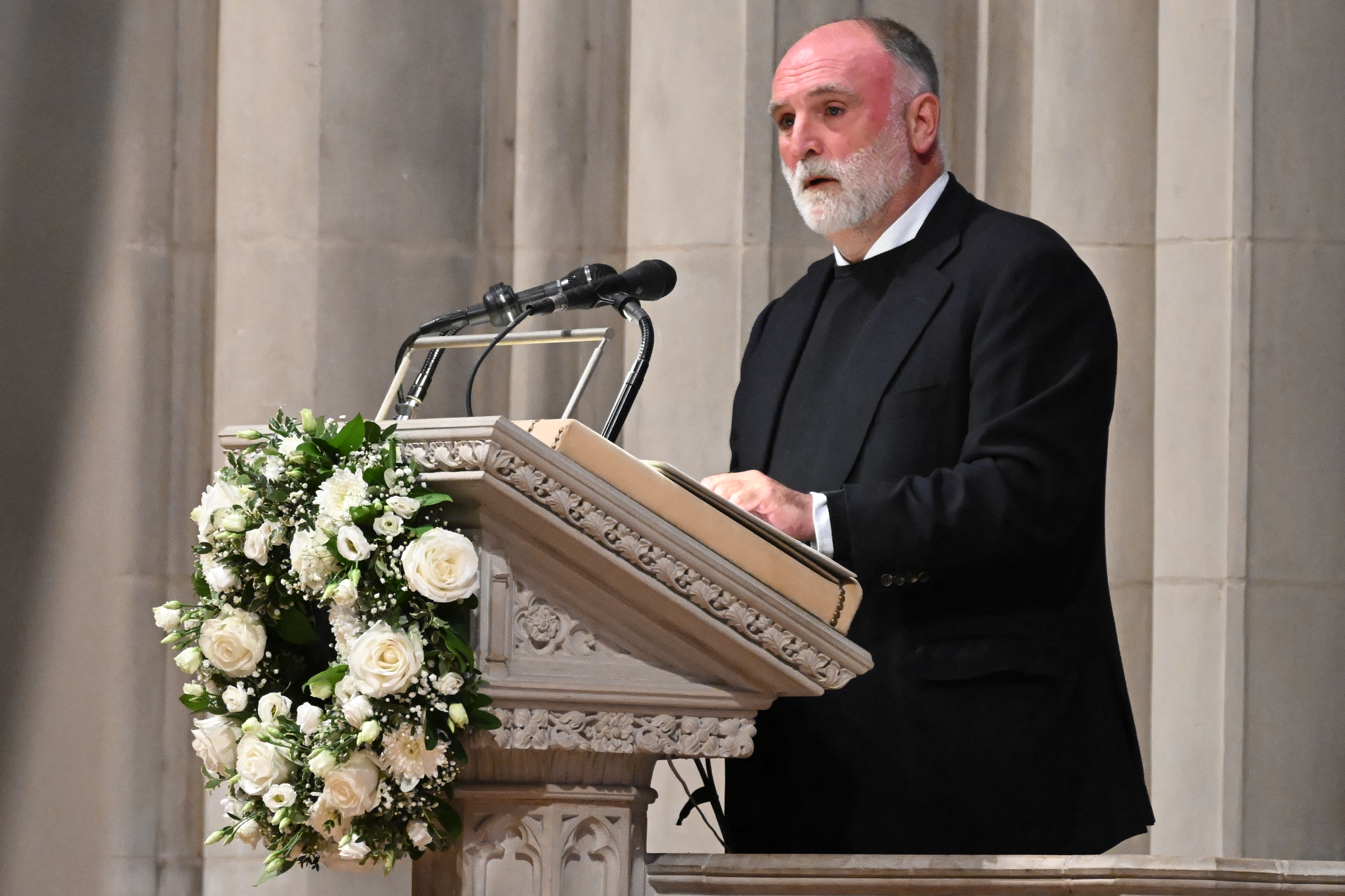Although Mayor Adrian Fenty has given up some of his "petty" and "infantile" fights with the D.C. Council -- The Washington Post's words -- that doesn't mean there's a ceasefire.
The tactics are just different.
The mayor is snubbing council members in ways large and small when it comes to announcements of major city projects and personnel changes.
A recent example:
Last Wednesday, the mayor named Valerie Santos his deputy mayor for planning and economic development. It's a big-deal job. One of her first huge headaches is trying to figure out how the city can build the long-delayed convention center hotel.
The $750 million project is already six years overdue, and not a shovel has been placed in the ground. The Marriott Corp. and developer say they don't have the money to start because of the economy.
There are fears that if the city takes on the $750 million bond debt, the project will bust the 12 percent ceiling on how much money the city legally can borrow, which could affect its credit rating on Wall Street.
Local
Washington, D.C., Maryland and Virginia local news, events and information
So this is a big deal all around.
But when the deputy mayor announcement was made, missing among the hand clappers was at-large Council member Kwame Brown. Brown happens to chair the economic development committee, and legislation in this field must come through his committee.
"While I'm disappointed that I wasn't invited to the announcement," Brown wrote in the first sentence of his statement, "I fully support Ms. Santos ... who will face some of the toughest economic challenges our city has ever confronted."
Brown said he would hold a hearing soon to hear Santos' views on her appointment and many development issues.
Brown is barely tolerated by Fenty and has a strained relationship with the previous deputy mayor, Neil Albert, who is now city administrator. But Brown wrote hopefully that Santos' appointment "is an opportunity to forge a new relationship between the Council and the Executive ... ."
Don't count on it.
Council finance committee chair Jack Evans also was not invited to the mayor's key economic announcement. Evans has the best relationship on the council with Fenty and knows more about economic development than any other member.
If the mayor had really wanted to snub Brown, he could have invited Evans and not Brown. But the mayor was ecumenical. He kept them both away.
Another example. The mayor recently opened the new juvenile offender facility, New Beginnings. It's a $42 million effort to treat troubled youth with more options, rather than simply locking them up. (Never mind that one youth escaped within 48 hours.)
But not invited to the opening ceremony? Tommy Wells, the Ward 6 council member who chairs the committee that oversees the juvenile detention system. And Wells has an agreeable relationship with Fenty.
So what gives? The mayor's office, when asked about all this, simply said the mayor "has no policy" on who is invited or not.
We believe there is a policy. The mayor prefers to have the focus on him. In the short run, such a policy irritates his friends and foes. In the long run, it'll be one more strain on the mayor's relationship with the council.
• The 2010 Campaign
Some have thought the mayor's irritation with Kwame Brown comes from hints that the council member may run for mayor in 2010. Although Brown would like to be mayor, he's not likely to make a run in 2010 unless Fenty's public support falls through the floor. (It happened to Sharon Pratt in one term.)
A more likely candidate for mayor could be at-large Council member Michael Brown. This Brown ran for mayor in 2006 and then ran for the open Ward 4 council seat before finally winning the at-large position in 2008. Some of Michael Brown's advisers suggest Brown may run even though it's an uphill battle. He wouldn't have to give up his council seat. But he would risk looking like an opportunist.
Michael Brown has an engaging, personal style, but to too many it seems he's always "working the room" instead of working.
• The Most Powerful
Whatever the city politics surrounding Fenty and the council, the most powerful person in town right now appears to be city administrator Albert.
He's now running the day-to-day aspects of the government, and he's likely to keep a firm hand in all the development deals he managed as deputy mayor.
Albert is low-key and unassuming in public. But he is seen as decisive about what happens and when. The convention center hotel remains his biggest headache.
• No Hatch Act
D.C. Del. Eleanor Holmes Norton wants the city government out from under the federal Hatch Act, the law that covers ethics for government employees.
Norton doesn't want to fling open the doors of conflict; she just wants the city to develop its own ethics law. It's part of Norton's effort to minimize the federal control of local Washington.
The federal Hatch Act will not disappear until the mayor and council craft their own version.
"The District is not a ward of the federal government," Norton wrote. "The city is as able as any other to pass its own local Hatch Act."



